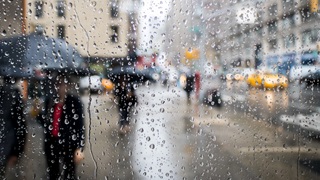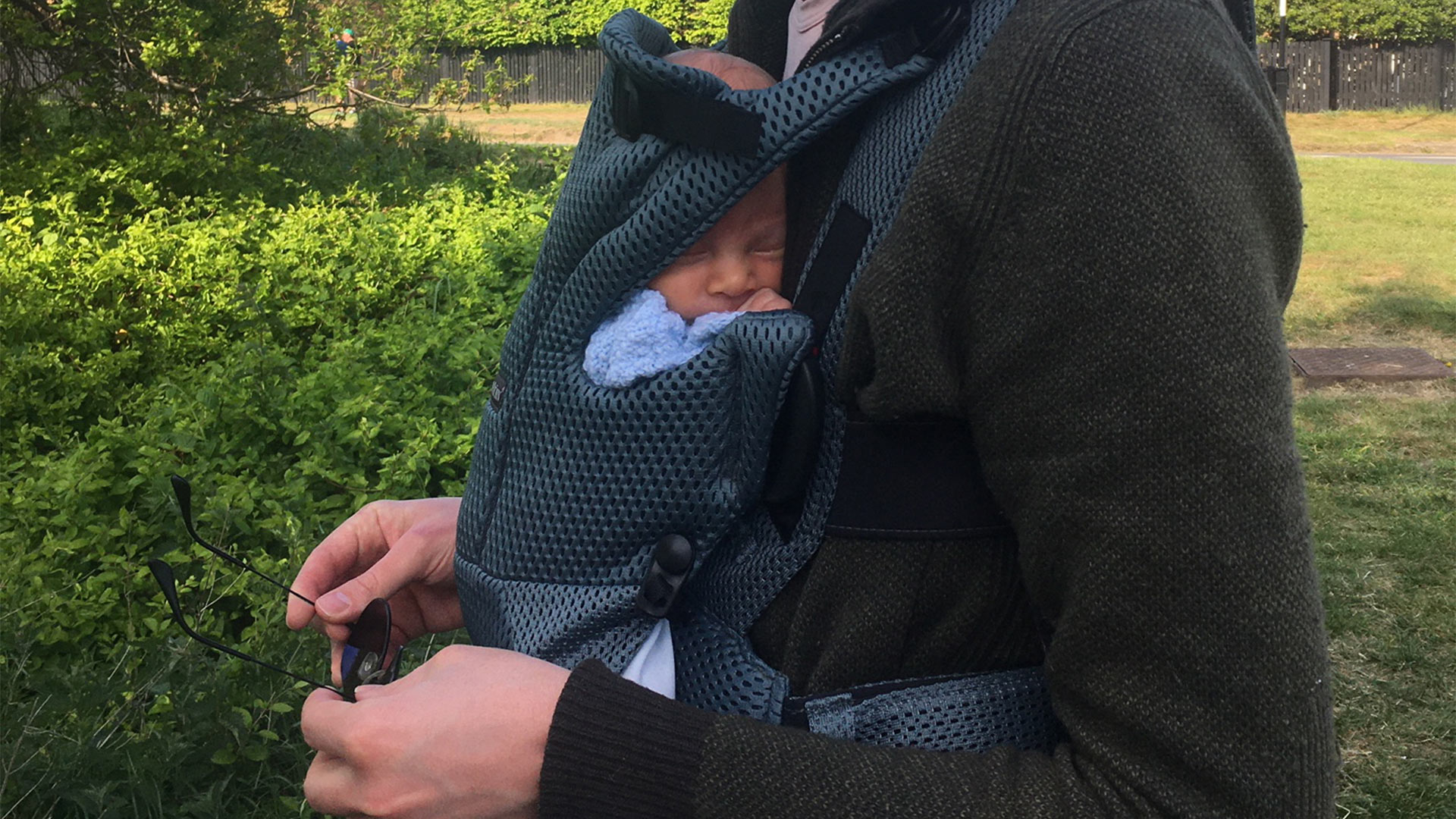
Way of life
The lives of others


Our bedroom is small, not much wider than our bed. There is just enough space to squeeze your cot along one side. The ceiling is low, and vaulted, because this room—and our whole apartment—is carved out from the cellars of the old house. It’s dark in here; the window is only fifteen inches wide, and level with the ground outside. The view through it is of iron railings, overgrown with ivy, and above that, the lofty branches of a London plane tree. Sometimes, a pair of legs walks past. I mean to go out and pull away the ivy, so that we can see through the railings. But I never get around to it.
This is where, in the final weeks, I await your arrival. It was an easy pregnancy, up until the last trimester. Then I spent some time in hospital. We thought that you may arrive early, and we were torn between excitement at the prospect of meeting you, and worry that it was much too soon. All other preoccupations melted away and we thought only about you. It was almost a relief, to have that sudden clarity forced upon us.
This was in March, just before winter finally gave way, and before we had any inkling how things were about to change. You could still buy loo roll, and tissues, and hand sanitiser. Boris Johnson, our prime minister, was cheerfully shaking hands with everybody during public appearances. In the antenatal ward, I was lucky to have a bed by the window, looking across the river to the Houses of Parliament. I could see the tops of the towers of Westminster Abbey, where your papa and I were married. Grey clouds pressed down on the Palace of Westminster and dissolved into the River Thames. My father, your grandpa, told me that he had once painted a watercolour of St Thomas’ Hospital from his office in Whitehall. Strange to think of me returning his gaze, fifty years later.
I had never been ill a day in my life before, never been in hospital since I myself was born. I found it fascinating. I liked the bed that moved up and down at the touch of a button and the little paper cups of sweet tea. I liked listening to the noise of your heartbeat on the Doppler ultrasound, like a horse galloping along squelchy ground. I liked the red tag that they put around my wrist with my name and hospital number, and I didn’t take it off even after I was discharged. It somehow made me feel safer.
In the end, you were not born just then. I came home again to the dark quiet of our bedroom, to wait a little longer. I bought some milk on my way back from hospital and, though I didn’t know it at the time, that was the last shop I visited, over four months ago now. You eventually arrived in April, as the pandemic was peaking, and Mr Johnson was being treated for coronavirus in the intensive care unit of the very same hospital. I joked that the press camping out on Westminster Bridge had come for a glimpse of you.
You are fourteen weeks old now, your little face is as round as a peach. Your world is the four walls of our apartment, the three of us burrowed away here like foxes in a den. The news that reaches us is bleak and unsettling: rising infection rates and fatalities; a black man, George Floyd, suffocating under the knee of a white police officer; widespread protests and civil unrest. I hold your little, warm body against mine and listen to your baby breaths. And I weep with relief that you are safe..
First published in RE: issue 17 (2020)
Alexandra Howe is the arts editor of RE:
© Norton Rose Fulbright LLP 2025